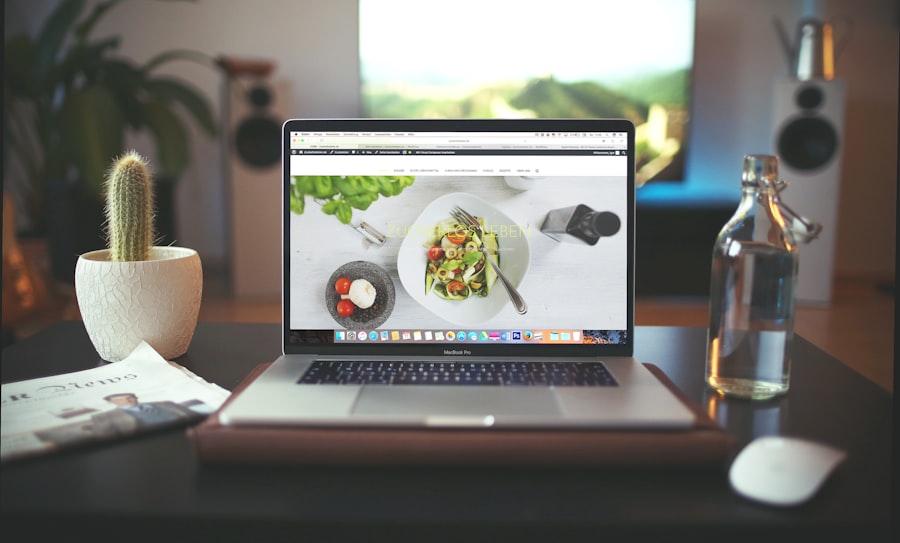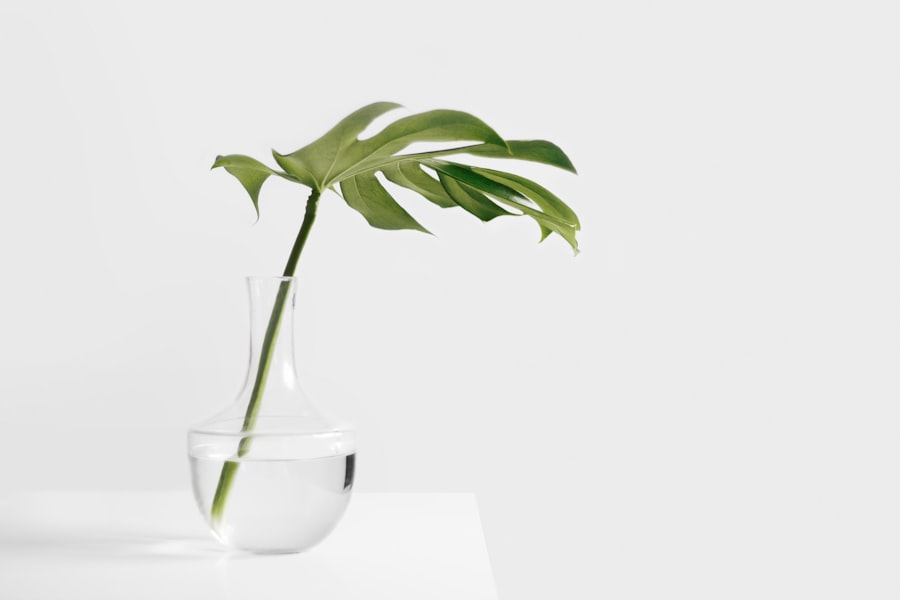Clean water is essential for chicken health and well-being. Chickens require access to clean water for hydration, body temperature regulation, and digestion. Inadequate clean water supply can lead to dehydration, resulting in reduced egg production, poor feather quality, and potentially death in severe cases.
Contaminated water may contain harmful bacteria and parasites that can cause illness in chickens. Therefore, providing clean water is a critical responsibility for chicken owners. Clean water is particularly crucial for young chicks and growing chickens.
Chicks are more susceptible to dehydration and can quickly suffer from the effects of contaminated water. As chickens mature, their water requirements increase, emphasizing the need for constant access to clean water. In addition to drinking, chickens use water for grooming and dust bathing, further highlighting the importance of maintaining a clean water supply for their overall health and well-being.
Table of Contents
- 1 Types of Waterers for Chickens
- 2 Regular Cleaning and Maintenance
- 3 Water Source Considerations
- 4 Preventing Contamination
- 5 Monitoring Water Quality
- 6 Tips for Keeping Water Clean
- 7 FAQs
- 7.1 What are the benefits of keeping chickens’ water clean?
- 7.2 How often should I clean my chickens’ water?
- 7.3 What is the best way to clean chickens’ water containers?
- 7.4 Are there any additives I can use to keep my chickens’ water clean?
- 7.5 What should I do if my chickens refuse to drink clean water?
Key Takeaways
- Clean water is essential for the health and well-being of chickens, as it affects their digestion, egg production, and overall immune system.
- There are various types of waterers available for chickens, including gravity-fed, nipple, and automatic waterers, each with their own advantages and disadvantages.
- Regular cleaning and maintenance of waterers is crucial to prevent the buildup of bacteria, algae, and other contaminants that can harm chickens.
- When considering a water source for chickens, it’s important to choose one that is free from pollutants, chemicals, and harmful bacteria.
- Preventing contamination of chicken water involves keeping it away from feces, dirt, and other potential sources of contamination, as well as using clean and sanitized waterers.
- Monitoring water quality through regular testing and observation can help ensure that chickens have access to clean and safe drinking water.
- Tips for keeping water clean include placing waterers in shaded areas, using covers or lids to prevent debris from falling in, and providing enough waterers for the flock to avoid overcrowding and contamination.
Types of Waterers for Chickens
Gravity-Fed Waterers
Gravity-fed waterers are simple and inexpensive, consisting of a container that holds the water and a base that allows the chickens to access the water as they drink. While these waterers are easy to use and require minimal maintenance, they can become dirty quickly and may need to be refilled frequently, especially for larger flocks.
Nipple Waterers
Nipple waterers are another popular option for chicken owners. These waterers consist of a series of nipples that dispense water when the chickens peck at them. Nipple waterers are known for keeping the water clean and reducing the risk of contamination, as the water is not exposed to the environment. However, they can be more expensive to install initially and may require some training for the chickens to learn how to use them.
Automatic Waterers
Automatic waterers are a convenient option for chicken owners who want to ensure a constant supply of clean water for their flock. These waterers are connected to a water source and use a float valve to maintain a consistent water level. While automatic waterers require minimal maintenance and can be a time-saving option, they can be more costly to install and may be prone to malfunctions if not properly maintained.
Regular Cleaning and Maintenance

Regardless of the type of waterer used, regular cleaning and maintenance are essential for ensuring that chickens have access to clean water. Waterers should be cleaned at least once a week, or more frequently if they become visibly dirty or contaminated. To clean a waterer, it should be emptied completely, scrubbed with a mild detergent or vinegar solution, rinsed thoroughly, and refilled with fresh, clean water.
Additionally, any parts that come into contact with the water should be inspected for wear and tear and replaced as needed to prevent leaks or contamination. In addition to regular cleaning, it is important to monitor the waterers for any signs of damage or wear that could compromise their function. Leaks, cracks, or broken parts should be addressed promptly to prevent contamination and ensure that the chickens have access to clean water at all times.
Furthermore, in cold climates, it is important to prevent waterers from freezing during the winter months by using heated waterers or insulating existing waterers to keep the water from freezing.
Water Source Considerations
The source of water for chickens is an important consideration when it comes to maintaining clean water for the flock. Ideally, chickens should have access to fresh, clean drinking water that is free from contaminants such as bacteria, chemicals, or heavy metals. If using tap water, it is important to consider the quality of the water and whether it is safe for chickens to drink.
In some cases, tap water may contain high levels of chlorine or other chemicals that can be harmful to chickens if consumed in large quantities. For chicken owners who are concerned about the quality of their tap water, alternative sources such as well water or filtered water may be considered. Well water should be tested regularly for contaminants such as bacteria, nitrates, and other pollutants that could pose a risk to the health of the chickens.
Additionally, filtered water can provide an extra layer of protection against potential contaminants in the water supply. Regardless of the source of water used, it is important to monitor the quality of the water regularly to ensure that it remains safe and clean for the chickens to drink.
Preventing Contamination
Preventing contamination of the chicken’s water supply is crucial for maintaining clean water for the flock. Contamination can occur from a variety of sources, including feces, dirt, feed particles, algae, and other organic matter that can find its way into the waterer. To prevent contamination, it is important to place the waterer in a location that is away from areas where chickens defecate or dust bathe.
Additionally, the waterer should be elevated off the ground to prevent dirt and debris from entering the water. Regularly inspecting the area around the waterer for any signs of contamination and addressing any issues promptly can help prevent the spread of bacteria and parasites that can make chickens sick. In addition to physical contamination, it is important to prevent chemical contamination by ensuring that the water source is free from pesticides, fertilizers, or other chemicals that could leach into the water supply.
By taking proactive measures to prevent contamination, chicken owners can help ensure that their flock has access to clean, safe drinking water.
Monitoring Water Quality

Regular Water Testing
Regularly testing the water for pH levels, bacteria, and other contaminants can help identify any potential issues with the water supply before they impact the health of the chickens. Water testing kits are readily available and can provide valuable information about the quality of the drinking water.
Monitoring Chicken Behavior and Health
In addition to testing the water quality, it is important to monitor the behavior and health of the chickens for any signs of illness or distress that could be related to the quality of their drinking water. Changes in egg production, feather quality, or overall health could indicate a problem with the water supply that needs to be addressed.
Proactive Water Quality Management
By staying vigilant and proactive about monitoring the quality of the drinking water, chicken owners can help ensure that their flock remains healthy and well-hydrated.
Tips for Keeping Water Clean
In addition to regular cleaning and maintenance, there are several tips that can help chicken owners keep their flock’s drinking water clean. Placing the waterer in a shaded area can help prevent algae growth and keep the water cooler during hot weather. Additionally, using a cover or hood on the waterer can help prevent debris from falling into the water and keep it cleaner for longer periods of time.
Using a larger capacity waterer can also help reduce the frequency of refilling and minimize the risk of running out of clean drinking water for the flock. Providing multiple waterers in different areas of the coop or run can also help ensure that all chickens have access to clean drinking water without overcrowding around a single source. Finally, using additives such as apple cider vinegar or probiotics in the drinking water can help promote good gut health in chickens and reduce the risk of bacterial contamination.
In conclusion, providing clean drinking water is essential for maintaining the health and well-being of chickens. By choosing an appropriate type of waterer, regularly cleaning and maintaining it, monitoring the quality of the drinking water, and taking proactive measures to prevent contamination, chicken owners can ensure that their flock has access to clean, safe drinking water at all times. Prioritizing clean drinking water for chickens is an important aspect of responsible chicken ownership and can contribute to overall flock health and productivity.
If you’re looking for more tips on keeping your chickens healthy and happy, check out this article on The Chicken Coop Country Diner. It offers great advice on how to provide your chickens with clean water and nutritious food to keep them thriving in their coop.
FAQs
What are the benefits of keeping chickens’ water clean?
Keeping chickens’ water clean is important for their health and well-being. Clean water helps prevent the spread of diseases, ensures proper hydration, and encourages chickens to drink more, which is essential for egg production and overall health.
How often should I clean my chickens’ water?
It is recommended to clean your chickens’ water containers daily. This will help prevent the buildup of bacteria, algae, and other contaminants that can harm your chickens.
What is the best way to clean chickens’ water containers?
To clean chickens’ water containers, empty the water, scrub the container with a brush and mild detergent, rinse thoroughly, and refill with fresh water. It’s important to regularly check for any signs of algae or debris and clean as needed.
Are there any additives I can use to keep my chickens’ water clean?
There are several natural additives that can be used to keep chickens’ water clean, such as apple cider vinegar or a small amount of food-grade hydrogen peroxide. These additives can help prevent the growth of bacteria and algae in the water.
What should I do if my chickens refuse to drink clean water?
If your chickens are refusing to drink clean water, it’s important to investigate the cause. Make sure the water is not too cold or too hot, and check for any signs of contamination or foul odors. If the issue persists, consult with a veterinarian to rule out any health concerns.
Meet Walter, the feathered-friend fanatic of Florida! Nestled in the sunshine state, Walter struts through life with his feathered companions, clucking his way to happiness. With a coop that’s fancier than a five-star hotel, he’s the Don Juan of the chicken world. When he’s not teaching his hens to do the cha-cha, you’ll find him in a heated debate with his prized rooster, Sir Clucks-a-Lot. Walter’s poultry passion is no yolk; he’s the sunny-side-up guy you never knew you needed in your flock of friends!







